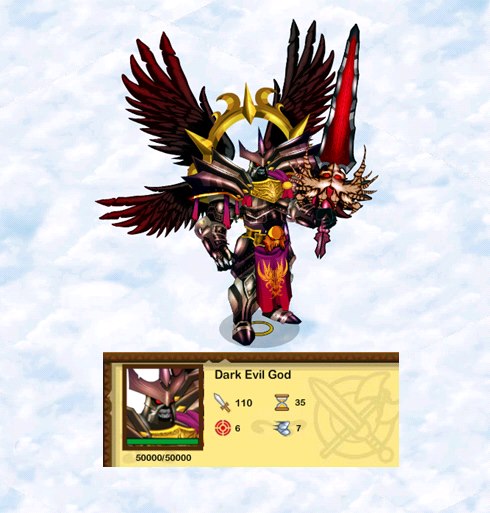

Diseases brought from the Eastern Hemisphere, especially smallpox, killed off some 90 percent of the American population in the 1500s and 1600s, facilitating colonization. Both the Portuguese and Spanish promised the pope to evangelize and colonize the “heathen ” peoples they encountered.īy the later 1500s the Spanish had explored large regions of the Americas and conquered many of its peoples, including the great Inca and Aztec empires, and the Portuguese had established footholds in Brazil. Columbus had hoped to find the sea route to the silk –and spice-rich lands of China and Southeast Asia, and to introduce Christianity into these distant realms. Meanwhile Spanish fleets led by a Genoese mariner, Christopher Columbus, discovered that a huge landmass to the west, soon to be named America, lay between Europe and East Asia. Soon, they seized several key Asian ports. By 1500 Portuguese explorers had opened a new era of exploration by entering the Indian Ocean, reaching East Africa, and then sailing to India. In the later 1400s the Portuguese began direct encounters with the peoples of coastal West and Central Africa. The intense competition between major European powers led to increased exploration, the building of trade networks, and a scramble for colonies -subject territories where Europeans ruled and directly controlled economic production and trade. By the 1700s European land and sea weapons greatly outclassed those of once militarily powerful China, India, Persia, and Ottoman Turkey. The English were building the most maneuverable ships and the best iron cannon by the late 1500s. The Spanish and Portuguese, using artillery, naval cannon, and muskets, could now conquer or control large territories in the Americas, Africa, and Asia, whose people lacked guns.
#God social empires how to#
Combining Chinese and Arab technologies with local inventions, the Portuguese, Spanish, and other Europeans built better ships to sail the rough Atlantic and learned how to mount weapons on ships, increasing their advantage at sea.

They were also motivated by the desire to circumnavigate the Venetian domination of Afro-Asian trade into Europe. The Spanish and Portuguese were pioneers in the new era of overseas expeditions because they had a favorable geographic location facing the Atlantic and North Africa, a maritime tradition of deep sea fishing, an aggressive Christian crusading tradition, and possession of the best ships and navigation techniques in Europe by the 1400s. By 1914 Europeans dominated much of the world politically and economically. Motivated by these three aims, several western European peoples gained control or influence over widening segments of the globe during the Early Modern Era.

They also embraced the ideology of mercantilism, which held that governments and large private companies should cooperate to increase the state ’s wealth by increasing the reserves of precious metals. Some kings sought to establish their claims to newly contacted territories so as to strengthen their position in European politics and increase their power at the expense of the landowning nobility. “Glory ” alludes to the competition between monarchies. “God ” refers to the militant crusading and missionary traditions of Christianity, characterized in part by rivalry with Islam and hatred of non-Christian religions. As merchants gained influence in late-medieval western Europe, they convinced their governments to establish a direct connection to the lucrative Asian trade, leading to the first European voyages of discovery in the 1400s. “Gold ” refers to the search for material gain through acquiring and selling Asian spices, African slaves, American metals, and other resources.

Historians use a standard shorthand, “Gold, God, and Glory, ” to describe the motives generating the overseas exploration, expansion, and conquests that allowed various European countries to rise to world power between 14.


 0 kommentar(er)
0 kommentar(er)
